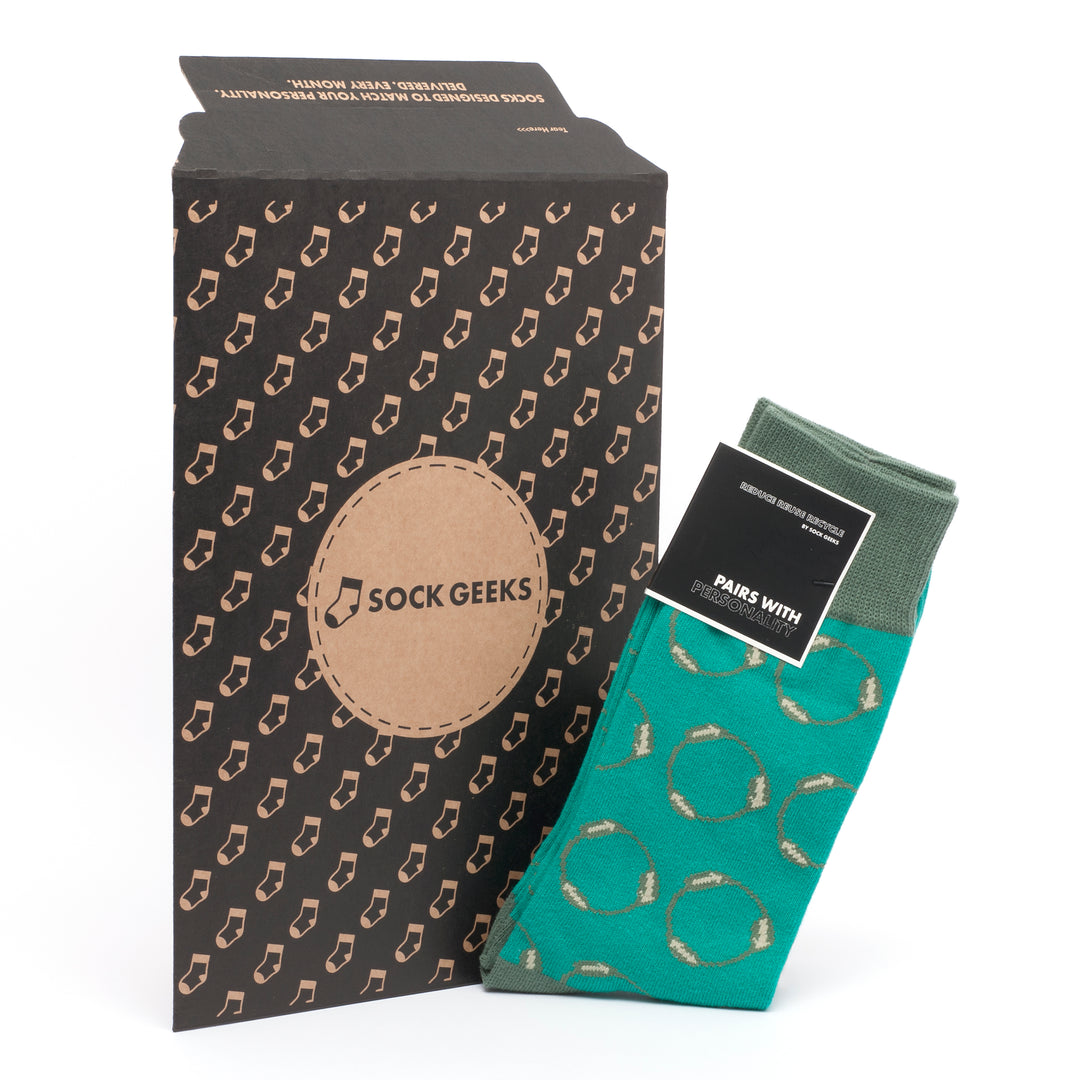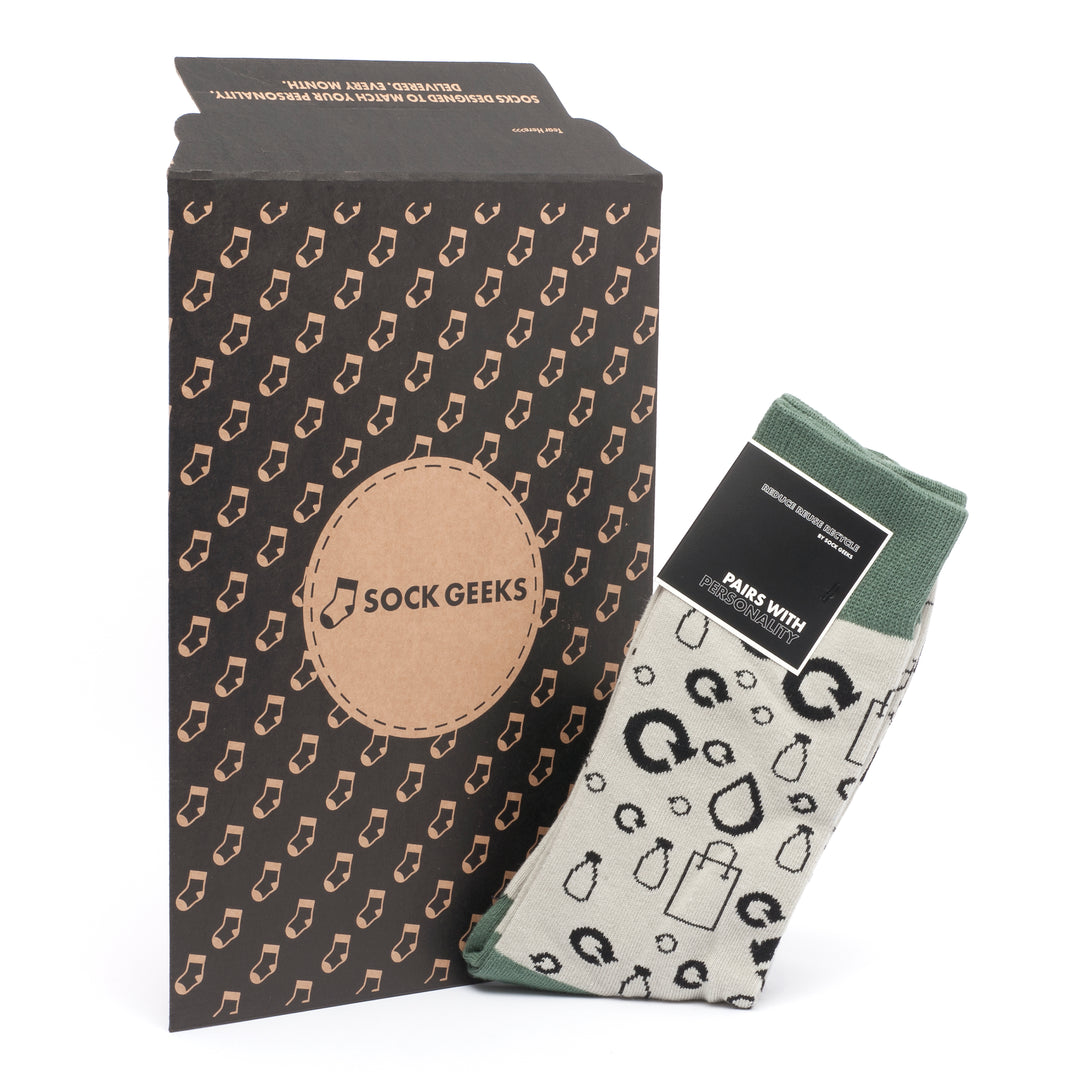Wool vs Cotton Socks: Performance Comparison
Did you know that the choice between wool and cotton socks can significantly impact your comfort and well-being? When it comes to keeping your feet happy, the type of sock you choose matters more than you might think. Whether you're braving the cold outdoors or lounging at home, selecting the right material can make all the difference in moisture-wicking, insulation, and overall snugness. Let's dive into the wool vs cotton socks debate to uncover which option emerges victorious in the battle for ultimate foot cosiness.
Key Takeaways
- Choose Wisely: When selecting between wool and cotton socks, consider the key qualities like moisture and temperature regulation, odour control, and durability to make an informed decision.
- Prioritise Performance: Opt for merino wool socks for superior moisture management, temperature regulation, odour resistance, and longevity, especially in demanding activities.
- Long-Term Investment: Investing in high-quality merino wool socks can pay off in the long run due to their durability and performance benefits.
- Stay Fresh and Dry: Merino wool socks excel in odour control and moisture-wicking properties, keeping your feet comfortable and fresh throughout the day.
- Enhanced Comfort: The unique properties of merino wool make it a standout choice for those seeking ultimate comfort and performance in their socks.
- Make an Informed Choice: Understanding the differences between merino wool and cotton socks can help you make a more conscious decision based on your specific needs and preferences.
Performance Socks Showdown
Fit
Wool and cotton socks vary in fit due to the materials used. Spandex is often added to both types to enhance elasticity and ensure a snug fit. Cotton socks may lose their shape over time compared to wool, which retains its shape well.
Blister Prevention and Support
Both wool and cotton socks offer blister prevention and support, but wool excels in moisture-wicking properties, reducing friction and preventing blisters effectively. The natural elasticity of wool provides better arch support than cotton.
Moisture Management
When it comes to moisture management, wool outperforms cotton. Wool fibres can absorb up to 30% of their weight in moisture without feeling damp, keeping feet dry and comfortable. On the other hand, cotton tends to retain moisture, leading to dampness and discomfort during intense activities.
Key Qualities in Performance Socks
Snug Fit
Performance socks, whether made of wool or cotton, excel in providing a snug fit due to the inclusion of elastane or lycra spandex. This feature ensures that the socks stay in place during intense physical activities.
Cotton socks may offer a softer feel but can lose their shape over time, causing them to slide down during workouts. On the other hand, wool socks with added elastane provide a secure fit that prevents slipping and bunching, enhancing overall comfort and performance.
Cushioning
One key aspect that sets performance socks apart is their cushioning. The cushioned sole of these socks helps absorb impact, reducing strain on the feet and providing extra comfort during high-impact activities like running or hiking.
Wool socks are known for their natural cushioning properties, offering a plush feel without compromising on breathability. In comparison, cotton socks may lack adequate cushioning, leading to discomfort and potential blisters during extended wear.
Moisture Control
Moisture control is crucial in performance socks to prevent slipperiness and maintain foot health. Wool socks excel in wicking moisture away from the skin, keeping feet dry and preventing odour-causing bacteria growth.
On the other hand, cotton socks tend to retain moisture, leading to dampness and potential chafing. Opting for wool performance socks ensures superior moisture management for a comfortable and blister-free experience.
Merino Wool vs Cotton Overview
Moisture Absorption
Merino wool, sourced from merino sheep, outperforms cotton in moisture absorption due to its natural wicking properties. The merino fibres can absorb up to 30% of their weight in moisture without feeling damp, keeping feet dry and comfortable.
Cotton, on the other hand, while breathable, tends to retain moisture, leading to dampness and potential discomfort. This makes cotton socks less ideal for activities that involve sweating or being exposed to wet conditions.
Performance and Comfort
When it comes to overall performance, merino wool socks excel in various aspects. They are known for their exceptional insulation properties, keeping feet warm in cold weather and cool in hot conditions. Merino wool is naturally odour-resistant, making it a great choice for long-lasting freshness.
Cotton socks, while soft and comfortable, may not offer the same level of insulation as merino wool. They can also lose their shape and elasticity over time with frequent washing and wear.
Production Differences
In sock production, merino wool is often blended with other fibres like nylon or spandex to enhance durability and stretch. On the contrary, cotton socks are typically made from organic cotton, which is grown without synthetic pesticides or fertilisers.
Moisture and Temperature Regulation
Sweat Management
Cotton socks are notorious for absorbing moisture, leading to a clammy feeling on the feet. This absorption can be uncomfortable, especially during intense physical activities.
Wool socks, on the other hand, excel in managing sweat effectively. The moisture-wicking properties of wool help in keeping the feet dry and comfortable, making them ideal for various outdoor activities.
Temperature Control
Wool socks play a crucial role in regulating temperature. They provide insulation in cold weather by trapping heat close to the skin, keeping the feet warm and cosy.
Moreover, wool is naturally breathable, making it suitable for warm weather too. It helps in maintaining a comfortable temperature by allowing heat to escape when needed.
Moisture Absorption
One significant advantage of wool socks is their ability to absorb moisture without feeling damp. This feature prevents the growth of bacteria and odour, ensuring long-lasting freshness.
Odour Control in Socks
Breathability
Wool fabric excels in odour control due to its superior breathability, allowing for efficient moisture wicking. This feature helps in keeping feet dry and minimising odour-causing bacteria.
Wool Fibres
The overlapping nature of wool fibres creates a natural barrier that prevents odours from developing. By trapping and neutralising odour molecules, wool socks remain fresher for longer periods.
Surface Dirt and Moisture
Wool's unique property of retaining dirt and moisture on the surface rather than absorbing them into the fabric plays a vital role in reducing odours. This characteristic makes it easier to clean and refresh wool socks effectively.
Durability of Socks Explored
Tensile Strength
Wool socks exhibit exceptional tensile strength, making them highly durable for various activities like hiking and outdoor adventures. The fibres in wool can withstand significant pulling forces without breaking, ensuring longevity.
Breaking Elongation
When comparing the breaking elongation of wool and cotton socks, wool surpasses cotton in durability. Wool fibres have a higher breaking point before elongating excessively, indicating better resilience to wear and tear.
Bending Capacity
The bending capacity of wool socks is noteworthy as they can endure repeated bending motions without breaking. This feature is crucial for maintaining the sock's shape and integrity during strenuous activities like hikes or wearing with hiking boots.
Why Choose Merino Wool Socks
Comfort
Merino wool socks offer superior comfort due to their soft and fine fibres, providing a luxurious feel on the skin.
Merino wool's natural elasticity ensures a snug fit, reducing friction and preventing blisters during long walks or hikes.
Moisture Management
The moisture-wicking properties of merino wool keep your feet dry by absorbing sweat and releasing it into the air.
Unlike cotton socks that retain moisture, merino wool regulates temperature, keeping your feet warm in winter and cool in summer.
Durability
Merino wool socks are highly durable, outlasting cotton socks due to their stronger fibres that resist wear and tear.
Their resilience makes them ideal for outdoor activities like trekking or running, where durability is crucial for long-lasting performance.
Making Your Sock Selection
Fit
When choosing between wool and cotton socks, prioritise the fit to ensure comfort and prevent blisters. Custom socks can offer a tailored fit for enhanced performance.
Moisture Control
Consider the moisture-wicking properties of sock materials. Merino wool socks excel in moisture control, keeping your feet dry during activities like hiking or running.
Odour Prevention
Opt for socks that combat odour. Merino wool, with its natural antibacterial properties, keeps unpleasant smells at bay, ideal for long days on your feet.
Durability
For long-lasting wear, look for socks that withstand frequent use. Blend socks combining merino wool and synthetic fibres offer durability without compromising comfort.
- Merino wool socks are a great option for various activities from casual wear to outdoor adventures.
- They regulate temperature, keeping your feet warm in winter and cool in summer.
- Merino wool's softness prevents itchiness, making it a top choice for all-day wear.
Final Remarks
You've now delved into the world of performance socks, comparing the merits of merino wool and cotton. From moisture control to odour resistance and durability, each type has its strengths. However, the superior temperature regulation and odour-fighting properties of merino wool socks make them a standout choice for your next sock purchase. Consider these key qualities when making your selection.
Make an informed decision based on your needs and preferences. Whether you opt for the natural benefits of merino wool or the familiarity of cotton, choose socks that align with your lifestyle and activities. Your comfort and performance matter, so select wisely.
Frequently Asked Questions
What are the key differences between wool and cotton socks in terms of performance?
Merino wool socks excel in moisture-wicking, temperature regulation, and odour control. Cotton socks are comfortable but retain moisture, leading to dampness. For active wear or outdoor activities, merino wool is the superior choice.
Which material is better for regulating moisture and temperature: merino wool or cotton?
Merino wool excels in both moisture management and temperature regulation. It wicks away sweat from the skin, keeping feet dry and comfortable in various conditions. Cotton, on the other hand, absorbs moisture and can lead to dampness.
How do merino wool socks control odour compared to cotton socks?
Merino wool has natural antimicrobial properties that inhibit odour-causing bacteria growth, keeping the socks fresh even after prolonged wear. In contrast, cotton socks tend to retain moisture which can promote bacterial growth and cause odour.
Are merino wool socks more durable than cotton socks?
Merino wool socks are known for their durability due to the strong fibres present in merino wool. They are resilient to wear and tear, making them a long-lasting investment compared to cotton socks which may wear out faster.
Why should I choose merino wool socks over cotton?
Merino wool socks offer superior performance benefits such as moisture-wicking, temperature regulation, odour control, and durability. They provide comfort in various conditions, making them ideal for outdoor activities or everyday wear where performance matters.




















Leave a comment